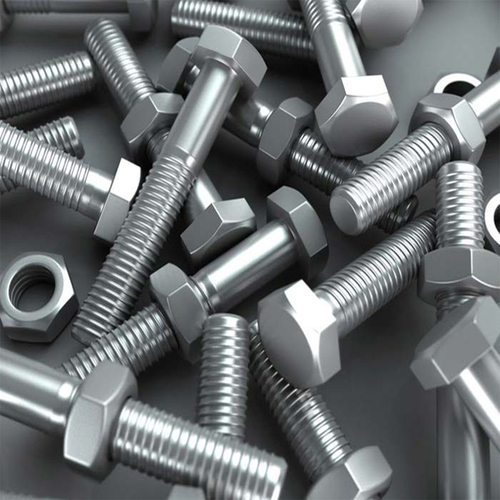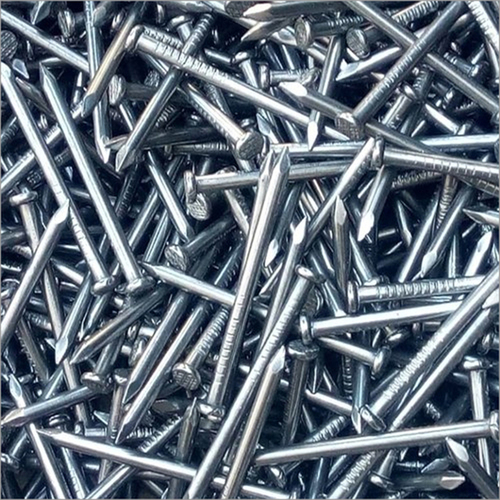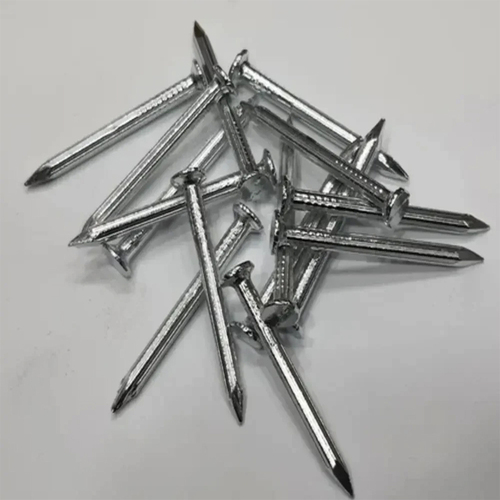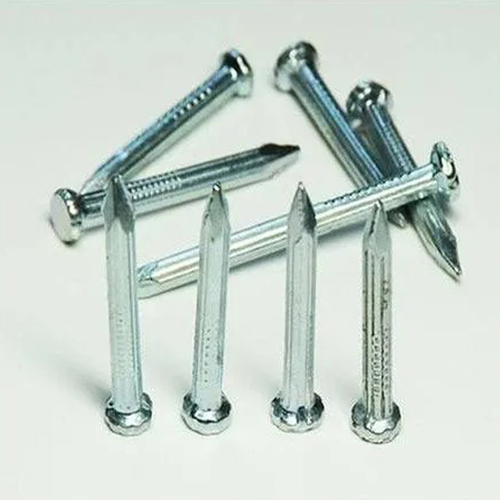
Nut And Bolts Exporters in Turkey
The consists of a head and a cylindrical body with screw threads along a portion of its length. The nut is the female member of the pair, having internal threads to match those of the bolt. Washers are often used to prevent loosening and crushing. See also nut; washer.
Nut And Bolts Exporters in Turkey fasten together with their threads. The weakest shear plane in the thread profile is where failure can start. That is, the weakest material determines the strength of the connection. The point is, nuts and bolts should be made of the same alloys. Not only that, but your nut should meet or exceed the maximum tensile strength of the bolt, which is the amount of pull the bolt can withstand.


